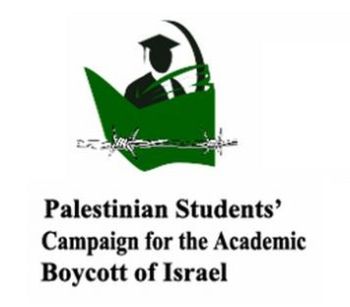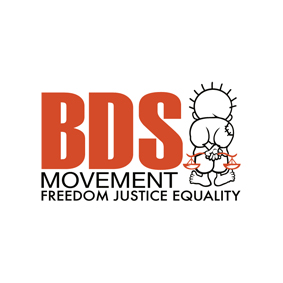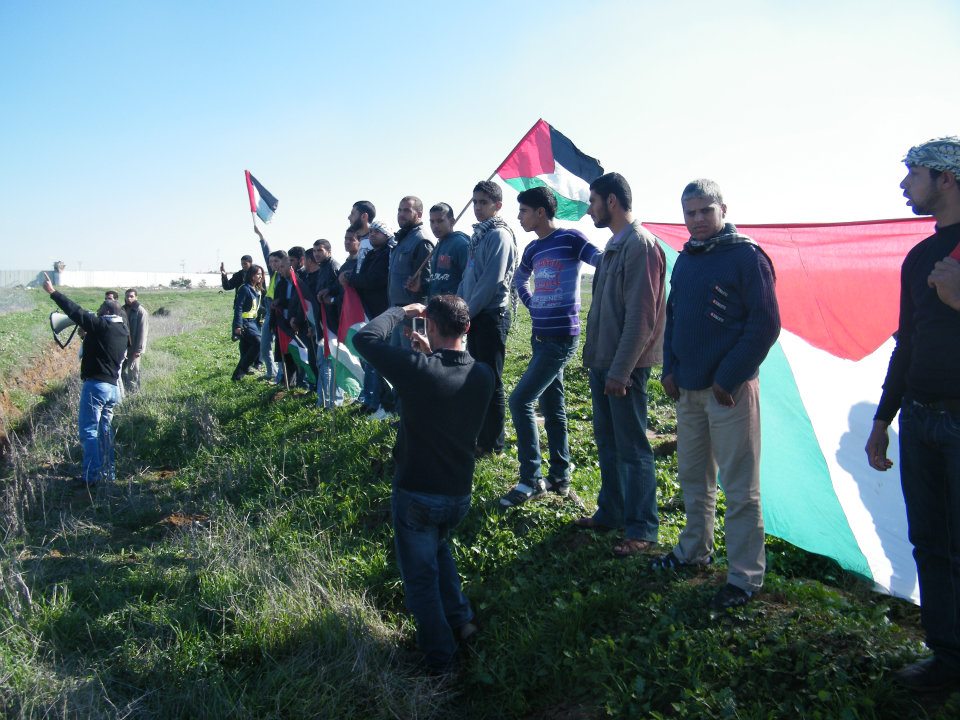Tag: Boycott Campaign
-
Connect with the Palestinian Students’ Campaign for Academic Boycott of Israel (PSCABI)
23 January 2012 | US Campaign for the Academic and Cultural Boycott of Israel A collective of students in Gaza has formed the Palestinian Students’ Campaign for the Academic Boycott of Israel (PSCABI). These students are seeking to expand their collaboration and participation in events and activities with solidarity activists at international universities. PSCABI members…
-
Report: Third National BDS Conference, Hebron, December 17
9 January 2012 | Palestinian BDS National Committee On 17 December 2011, Palestinians gathered in the city of Hebron in the occupied West Bank for the Third National Boycott, Divestment and Sanctions (BDS) Conference. The event took place against the backdrop of continuous Israeli violations of Palestinian rights, and a growing resistance against injustice worldwide…
-
Gaza will not kneel
27 December 2011 | Palestine’s Youth – Local Initiative – the Popular Resistance Activists, Gaza – Palestine Twenty-three consecutive days of horrendous attacks on the Gaza Strip by the IOF (Israeli Occupation Forces) left more than 1500 Palestinians dead and many more injured. Most of the victims were women, children and elderly people. According to the…



